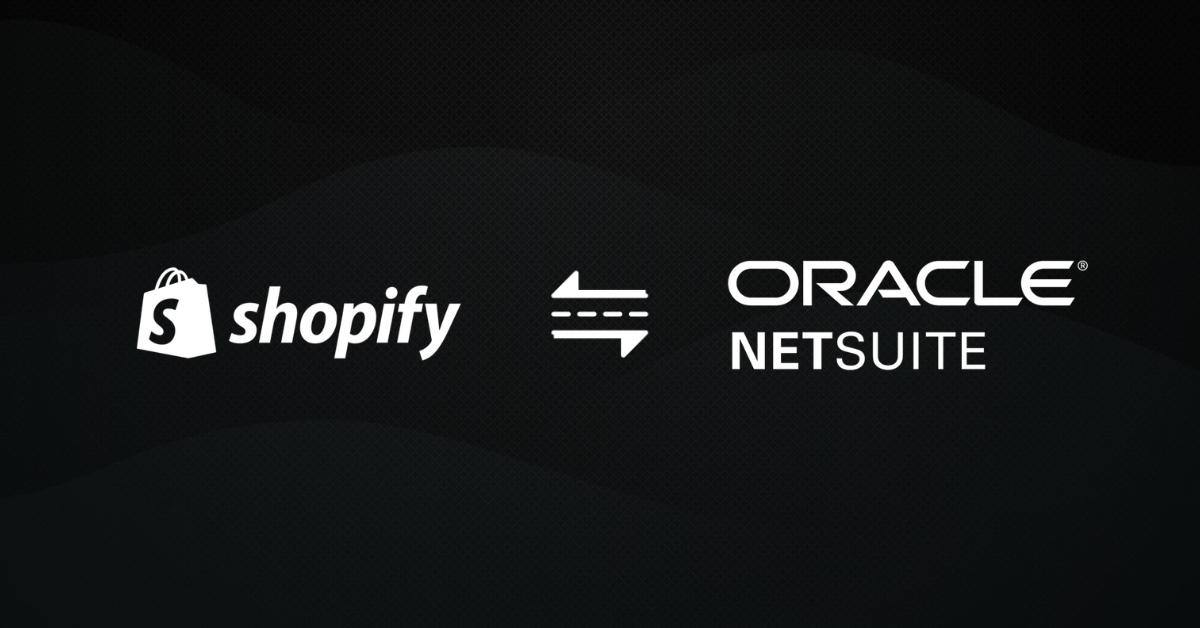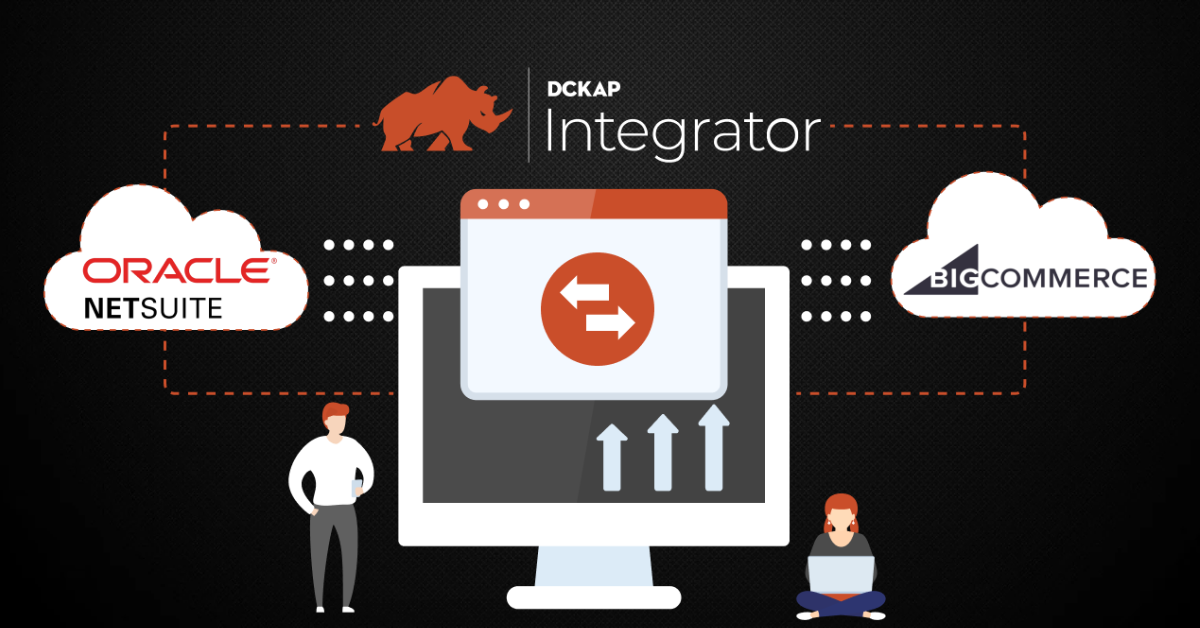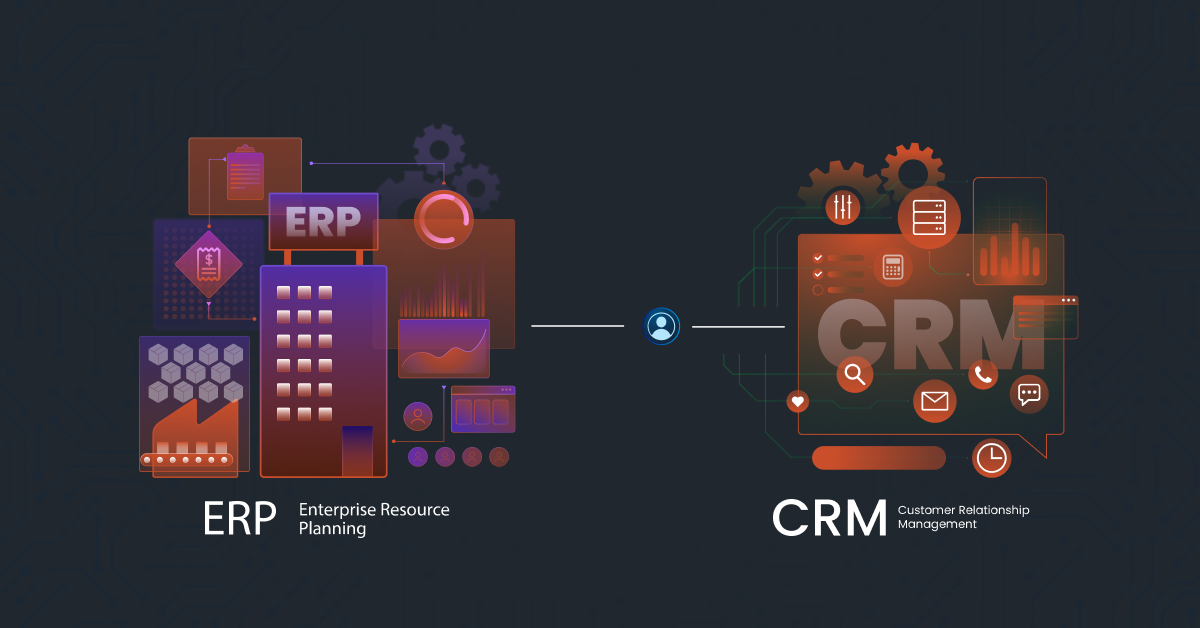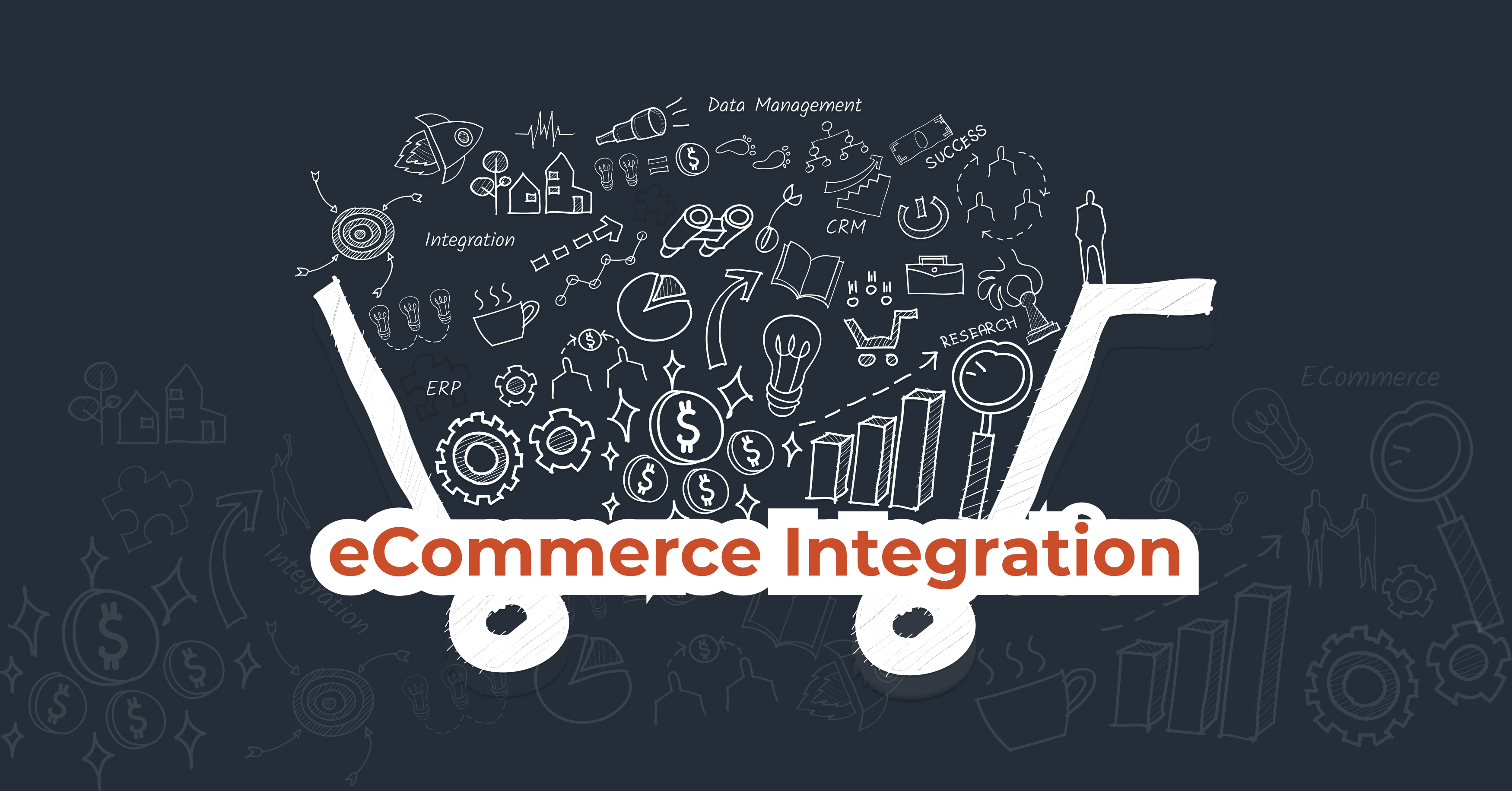Experts believe that in a few years, $11 trillion will be generated through digital channels but what remains unchanged is the expectation of B2B buyers for a frictionless online buying experience.
If you are doing manual work between your siloed systems, then there is a high chance that you are letting go of a big percentage of your revenue stream to your competitors. Integrating ERP and ecommerce holds the key to efficiency, automation, and productivity.
Here’s what you need to know about NetSuite Shopify integration:
How To Get Started: In 4 Steps
Often, businesses are clueless about how their ecommerce storefront will communicate and connect with their back-office systems.
Additionally, most ecommerce platforms and ERP software are designed in isolation and use varied data formats that are not able to communicate with each other effectively. This may be the reason NetSuite Shopify integration may become complex and require thorough planning and technology for successful implementation.
As you prepare for integration, here are some general steps that you may follow to develop a successful ecommerce ERP integration strategy:
Step 1: Map out all your processes including manual and inefficient ones
Take notice of the tasks your team spends the most time on—are they repetitive or error-prone? These are the processes that you would want to automate during integration.
Step 2: Identify your critical data
Identify the most important data based on priority. It is important that data must be accurate and timely. This can include your orders, customer data, finances, SKUs, etc.
Step 3: Consider the ROI for NetSuite Shopify integration
Take into account the resource cost of your manual, repetitive processes and compare it with the overall cost of ownership for automation.
Step 4: Decide how you want to integrate
Once you are convinced, it is time to decide how you want to integrate your ecommerce platform and ERP. Check if your ERP has native ecommerce integration capabilities, if you want to use the platform’s API, or utilize a third-party solution equipped with pre-built integration templates.
This last step takes us to our next section.
Effective Ways to Integrate NetSuite and Shopify
Here are some common integration methods that you should know about.
Custom integration
Many businesses build their own core ecommerce ERP integrations using APIs or application programming interfaces. You need a resourceful and expert technical team and of course, a lot of time. The developers need to match Shopify’s API code with Oracle NetSuite ERP and this is no easy feat.
Native or vendor-built integration
This type of integration is also known as out-of-the-box integration and allows you to connect certain applications. For instance, there are a number of tools available that directly connect with the Shopify platform with usually no additional subscription cost.
One such is NetSuite Connector developed by Oracle NetSuite and starts from $199.92/month and was launched in 2014. Apart from Shopify, it also connects with Amazon, eBay, Walmart, and ShipStation.
However, the primary drawback is that they only cover common use cases. Since every business is different, these connectors may not always fit your business needs.
Integration Platform as a Service (iPaaS) or middleware software
iPaaS is a cloud-based integration solution that helps organizations create workflows to connect any number of cloud-based applications seamlessly to one another without the need for installing or managing hardware. Undoubtedly, it is a preferred choice among business owners due to its cloud technology which ensures security and scalability even if additional systems or applications are synced in the future. DCKAP Integrator, an iPaaS solution is successfully used across the globe by distributors and retailers for e-commerce ERP integrations and much more.
What Obstacles Can You Encounter During Integration
You can face certain challenges if your integration project is not well-conceived and your integration solution is not up to the mark.
Unclear integration strategy
If you are not clear on what you want to integrate and why, chances are you are going to overrun the budget. Integrating unconnected systems can lead to unforeseen problems. But don’t sweat: the benefits outweigh the obstacles.
What can you do: Choose an integration partner that helps you navigate through these issues and assists in setting clear goals.
Scaling issues
Increasing complexity through integration may result in unsecured connections and expose sensitive customer data or proprietary information.
What can you do: Follow good data management practices during integration and keep a check on who has access to data and why. Additionally, eliminate duplicate data and ensure accuracy and normalize data formats.
Manual challenges
If you choose manual integration, it can become a cumbersome affair, requiring technical experts. You could leverage APIs from NetSuite and Shopify, however, it may not prove a successful option.
What can you do: You can use third-party, low-code integration solutions that eliminate the complexities of manual integration and expedite the whole process.
Downtime risks
Businesses may experience web store downtime due to ineffectively deployed modules or plug-ins, disrupting your business operations and sales. Ideally, integration shouldn’t be dependent on these factors and offer a platform to integrate the data.
What can you do: You can choose an integration solution that is component-based so that the functionalities are separated and even if there is a failure, not the entire operations are affected.
What Can You Expect After NetSuite Shopify Integration
ERP ecommerce integration can bring changes at various levels in your business, your team will have time to add value to their roles, and your customers will appreciate personalized experiences and improved efficiency.
Here are some notable benefits of NetSuite and Shopify integration:
1. Easy access to data
With Oracle NetSuite, you are able to access all your company data in one place but when you integrate it with the Shopify storefront, you will be able to view real-time customer data. This will empower you to make faster, smarter decisions by eliminating siloed systems.
There’s more—with all data in one place, report generation, and tax compliance also get easier.
2. Improvement in productivity
Productivity is the mainstay of any business. When you integrate Oracle NetSuite ERP and Shopify, your teams are able to access all data at a centralized palace. This helps avoid wasting time reconciling data from different sources and they can carry out more valuable tasks, boosting productivity.
3. Enhanced customer experience
As your productivity improves, not only your management but also your customers will acknowledge it. The integration will enhance your CRM (customer relationship management) capabilities and customer experience by offering accurate shipping updates, automated payment options, quick updates, and much more.
4. Increased visibility and operational streamlining
NetSuite Shopify integration will automate and simplify your business processes. Be it order tracking or accounting—you can automate repetitive tasks, reduce human error, and thus, streamline critical processes.
5. Reduced cost
ERP ecommerce Integration can help you identify the inefficiencies in your processes and make amendments. You can be on top of your inventory and ensure just-in-time inventory management, so you don’t stock more than you need, saving your capital.
Choose DCKAP Integrator to Simplify NetSuite Shopify Integration
You guessed it right! DCKAP Integrator simplifies your integration process as it is easy to use, provides drag-and-drop functionality, is equipped with pre-built integration templates, and most importantly, is low-code. This means you save time, money, and resources to fuel the growth of your business.
Here’s how your business can benefit from DCKAP Integrator:
- Get access to real-time data with our intuitive platform and simplify your e-commerce
- Eliminate costly errors due to rekeying of data
- Automate workflows and ensure data integrity
- Deliver a consistent customer experience across channels
- Upgrade Shopify store or NetSuite ERP without hassle
- Sync other applications or systems anytime using our pre-built connectors. Just plug in and you are good to go!
- Free up your resources and time for tasks that increase your growth and revenue
- Reduce implementation time with turnkey solutions
Get in touch with DCKAP today to schedule a consultation call and we will help you with a streamlined approach and intuitive integration solution as per your needs.
FAQs
What Is NetSuite Shopify Integration?
NetSuite Shopify integration means the two core systems are communicating with each other automatically without any human intervention. So, without switching between your ERP software and e-commerce storefront, you are able to view your entire business in real-time in one centralized place.
The integration enables sharing of data across systems, thus, significantly improving business insights and productivity, and ensuring a single source of truth.
Do You Need to Integrate NetSuite and Shopify?
As your ecommerce business grows, after a certain point, entering data manually in and out of NetSuite ERP will become practically unsustainable. You may end up hiring costly resources which may not improve the efficiency of your business processes. On top of that, your customers will continue to demand access to up-to-date and accurate order and product information.
This will expedite order fulfillment and also increase same-day fulfillment of the orders you receive from your website, saving you a huge number of hours per month. Without integration, you or your team would need to manually update inventory in the ERP system and ecommerce store, making scaling difficult as sales volume increases.
Contents




